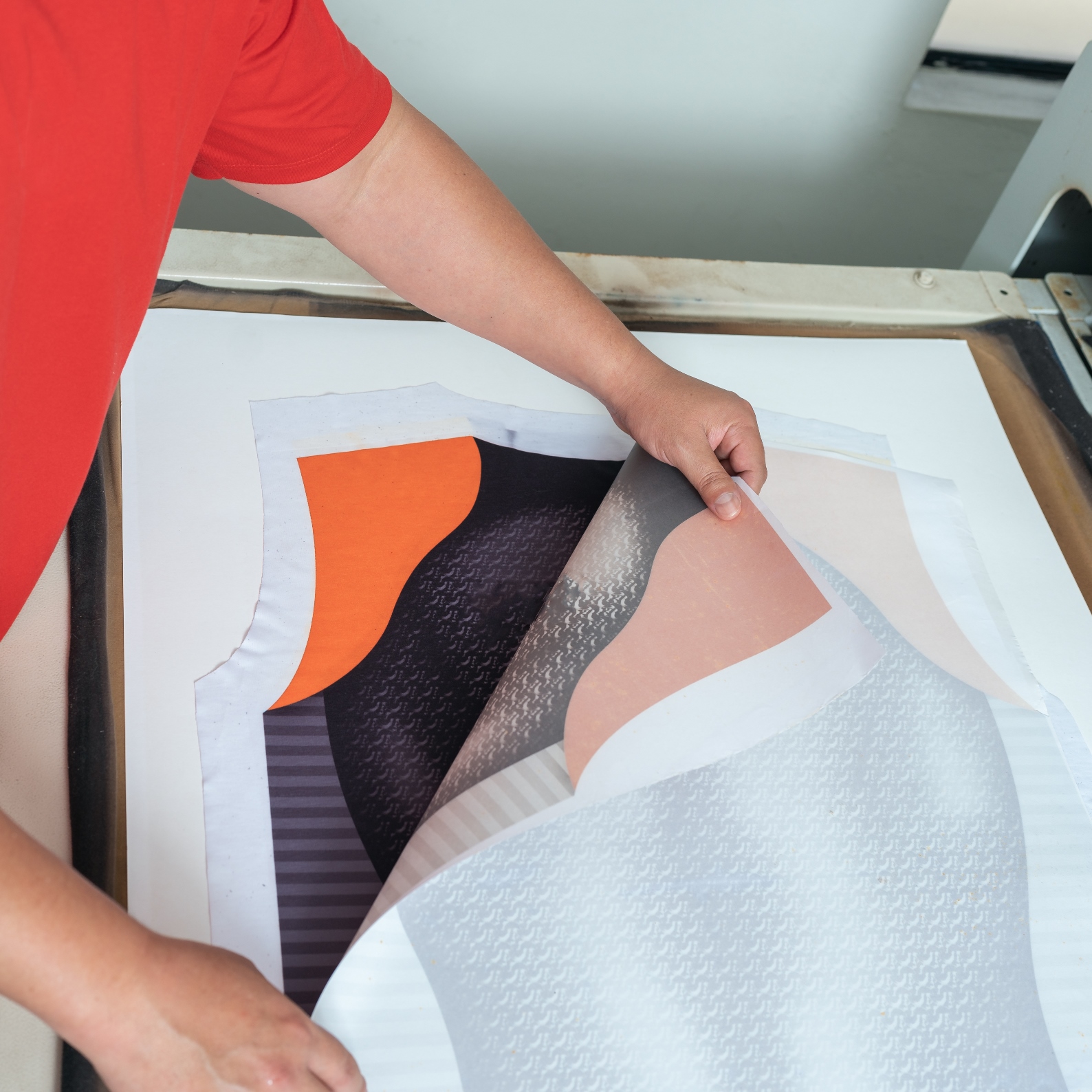Custom t-shirts have become an essential part of fashion, branding, and personal expression. Whether you're designing shirts for a business, a special event, or just for fun, the quality of your printed t-shirt can make all the difference. One of the most exciting innovations in the world of t-shirt printing is Direct-to-Film (DTF) printing. This technology has made it easier to print high-quality, full-color designs on a variety of fabrics, and it’s particularly advantageous for small runs or complex designs. But what exactly goes into producing a high-quality DTF printed t-shirt? And how does DTF printing compare to other methods in terms of cost? In this article, we’ll explore the various factors that impact the price of a high-quality DTF printed t-shirt and why this modern printing method could be the right choice for your custom apparel needs.
The Fabric: Choosing the Right Material for DTF Printing
When creating a high-quality DTF printed t-shirt, one of the first and most crucial steps is selecting the right fabric. The fabric you choose impacts both the final price of the t-shirt and the quality of the print. Cotton is typically the most popular choice for t-shirt printing, especially for DTF prints, as it holds the ink well and offers a soft feel. However, DTF printing can be used on a range of fabrics, from polyester to blends, making it versatile for different markets.
For premium results, you’ll want to choose a high-quality cotton or a cotton-blend fabric. These materials are ideal for ensuring that the ink adheres properly and the print remains vibrant and long-lasting. Organic cotton is a popular eco-friendly choice and provides a premium, soft feel while also adding sustainability to the product.
DTF printing offers flexibility when it comes to fabric selection because the technology works well on both light and dark fabrics. This gives you more options and the ability to cater to different customer preferences, whether they’re looking for a classic white t-shirt or a bold, dark shirt with a vibrant design.
Understanding the DTF Printing Process
Direct-to-Film (DTF) printing is an innovative method involving printing designs onto a special film rather than directly onto the fabric itself. The design is printed on the film using a specialized printer, and then a layer of adhesive is applied to the back of the design. Afterward, the design is transferred onto the t-shirt using heat and pressure. This method allows for high-quality, full-color prints, even on dark fabrics, without compromising the vibrancy of the colors.
The Prestige XL2 large-format printer is one of the standout models in the industry. Known for its precision and efficiency, the Prestige XL2 DTF printer uses advanced ink technology to produce sharp, detailed designs with excellent color accuracy. What sets this printer apart is its ability to handle smaller print runs and intricate designs, making it ideal for businesses that require high-quality, customizable prints in low quantities.
The DTF process is relatively straightforward, but it does require the right equipment and expertise. While the setup costs for DTF printing are generally lower than those for traditional methods like screen printing, the price per shirt can still vary depending on the complexity of the design and the materials used.
Design and Artwork: The Heart of DTF Printing Costs
When it comes to custom t-shirt printing, the design is what truly sets your product apart. For DTF printing, the design is printed onto a film that will be transferred to the fabric. The complexity of the design plays a significant role in determining the cost of the printed t-shirt.
For simpler, single-color designs, DTF printing can be more affordable, especially for small orders. However, as the complexity of the design increases, so does the cost. Designs with multiple colors, gradients, or intricate details require more time and resources to prepare, which drives up the overall cost.
Unlike screen printing, which requires separate screens for each color, DTF printing allows for multi-color designs without the additional cost of setting up multiple screens. This makes DTF printing a cost-effective solution for complex designs, especially when you’re producing small batches.
Additional Costs in DTF Printing
While DTF printing is often more cost-effective than traditional methods for small runs, there are still additional factors that contribute to the total cost of producing a high-quality t-shirt. These include the cost of materials such as the special DTF film, adhesive powder, and ink. The ink used in DTF printing is often more expensive than traditional screen printing inks, though it delivers better color vibrancy and durability.
Packaging and shipping are also significant costs to consider. If you’re selling custom t-shirts online, shipping costs can add up quickly, especially for international orders. Additionally, premium packaging options like custom boxes or branded tissue paper can enhance the customer experience but will increase the overall cost.
Finally, there are the ongoing costs of maintaining and running the DTF printer itself. These ongoing costs should be factored into your pricing strategy to ensure that you're covering both the initial and long-term expenses of your printing operation.
Price Breakdown: How Much Does a High-Quality DTF Printed T-Shirt Cost?
The cost of a high-quality DTF printed t-shirt depends on various factors, including the fabric, design, printing method, and the quantity of shirts being produced. On average, a high-quality t-shirt with a simple design might cost anywhere from $15 to $25 per shirt when produced in small quantities. However, for more complex, multi-color designs with a premium fabric choice, the price could range from $25 to $50 or more per shirt.
Conclusion
Direct-to-Film (DTF) printing has emerged in the custom t-shirt industry as a game-changer. With its ability to print full-color designs on a variety of fabrics, DTF printing offers exceptional versatility and precision, making it a great choice for businesses, designers, and individuals alike. While the cost of producing high-quality DTF printed t-shirts can vary depending on factors like design complexity and materials, the process offers an efficient and affordable solution for small runs and complex designs.
